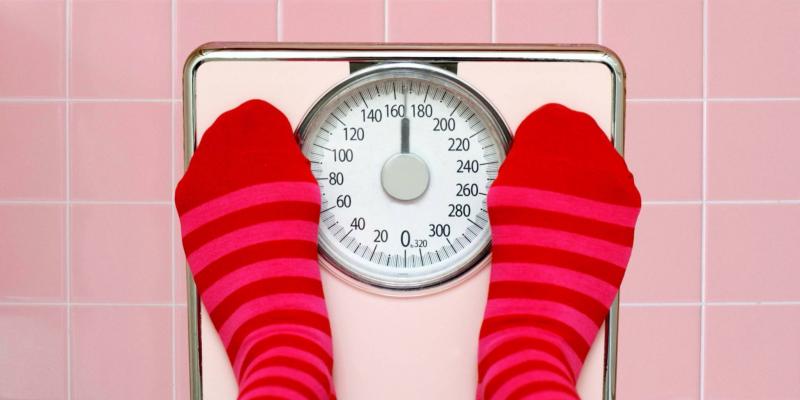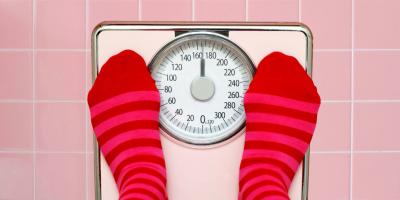Some health experts suggest that individuals should weigh themselves daily to enhance accountability in weight management, especially when following a diet and exercise program for weight loss. However, others advocate for completely abandoning this habit, arguing that it can lead to negative psychological responses and unhealthy behaviors when faced with a high number on the scale. In this context, many experts, such as Nick Fuller, leader of the Charles Perkins Centre research program at the University of Sydney, recommend using a scale weekly, even when not actively trying to lose weight, for the following reasons:
1. **Weekly Weighing Helps Manage Weight**
Research confirms that regular self-weighing is an effective strategy for weight loss and management, as it increases awareness of our current weight. A systematic review of 12 studies found that participants who weighed themselves weekly or daily over several months lost more weight compared to those who did not weigh themselves frequently. The benefits of weight loss were evident with weekly weighing. Tracking body weight can also aid in the early detection of medical issues.
2. **Weekly Weighing Accounts for Natural Fluctuations**
Body weight can fluctuate throughout the day and across the week. Studies suggest that body weight varies by 0.35% during the week, typically being higher after weekends. Several reasons explain daily weight fluctuations, many of which relate to body water content. Common causes include:
- **Type of food consumed:** A high-carbohydrate dinner can lead to temporary weight gain the next day due to the body retaining more water (about 3-4 grams of water for every gram of carbohydrates consumed for energy storage). Body water content also increases with high-sodium foods.
- **Exercise:** Weighing ourselves at the gym post-workout often results in a lower weight due to fluid loss from sweating. The amount of water lost depends on exercise intensity, duration, temperature, humidity, sweating rate, hydration levels, etc. On average, we lose about one liter of sweat during an hour of moderate exercise.
- **Hormonal changes:** Hormonal fluctuations during the menstrual cycle can affect fluid balance, with women experiencing temporary water retention and weight gain between 0.5 to 2 kg.
- **Bowel movements:** Going to the bathroom can result in slight but immediate weight loss through waste elimination, averaging about 100 grams daily from bowel movements.
3. **Weekly Weighing Avoids Scale Obsession**
Frequent weighing can lead to an obsession with the numbers on the scale, which can be more harmful than helpful. So, what should you do? It is advised to weigh yourself at the same day and time each week and in the same environment. Use the best high-quality scale you can afford, change batteries regularly, and check its accuracy.




